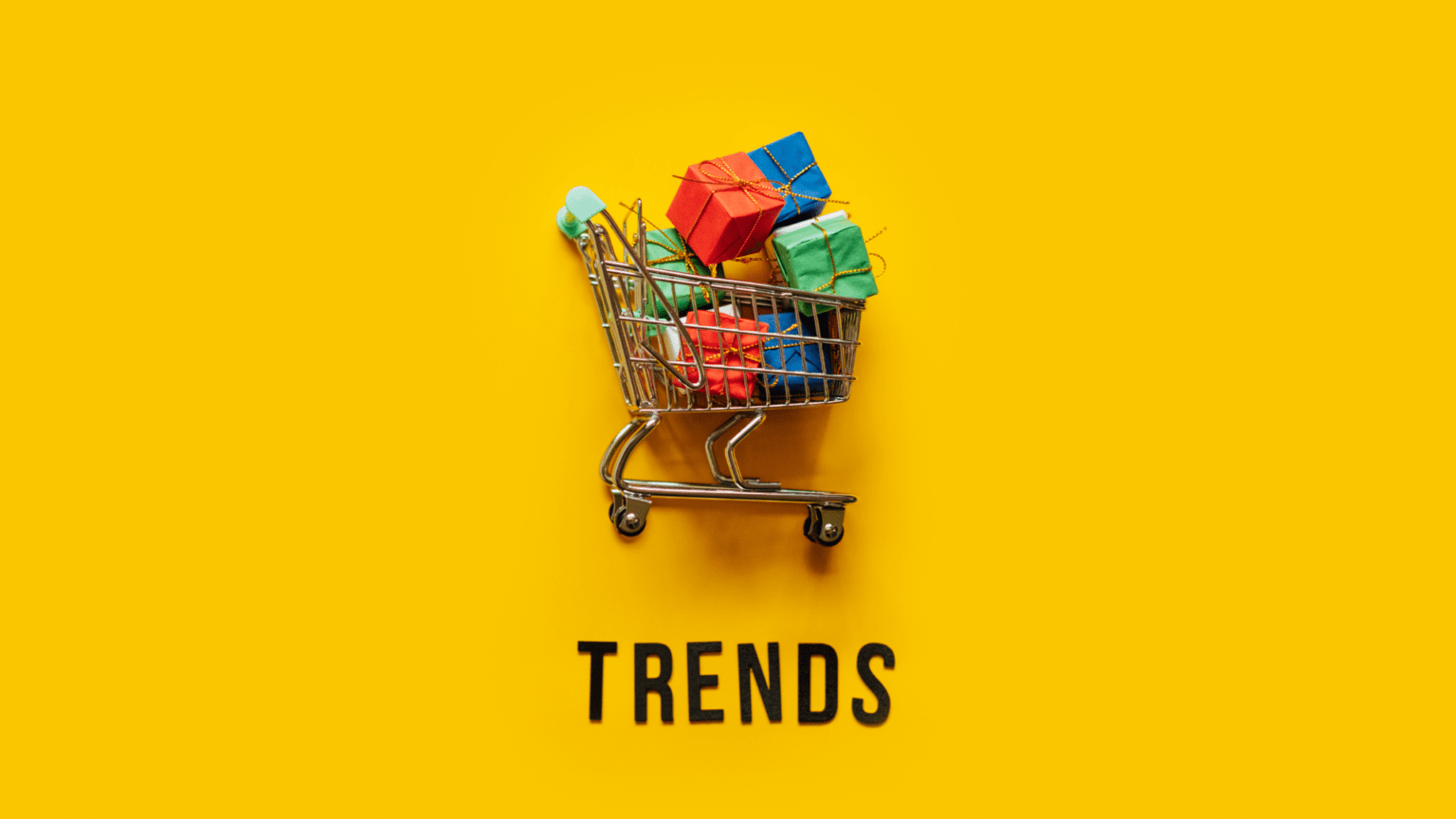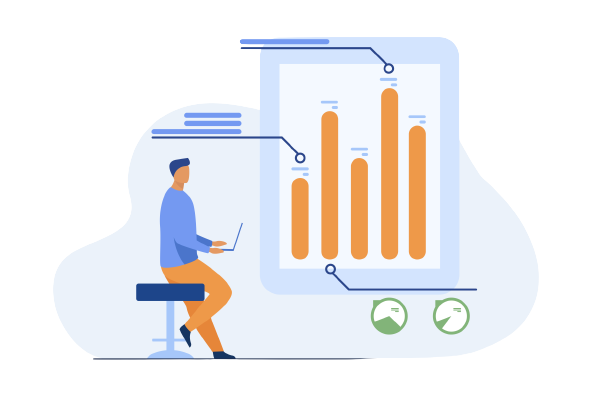

Consumer Trends 2025
Discover the 7 key consumer trends shaping 2025, from self-sufficiency to authentic connections. Learn how your business can adapt to meet evolving expectations, build trust, and foster lasting customer loyalty


As we look ahead to 2025, consumer behavior is shifting faster than ever.
From heightened expectations to the delicate balance between personalization and privacy, these trends are shaping how businesses must operate to stay ahead. Ready to dive in?
Let’s unpack the seven most critical consumer trends that will dominate 2025 and, more importantly, how you can leverage them.
In this blog, we’ll discuss:
Let’s face it—after years of rising prices, everyone is feeling the pinch. But here’s the twist: even with tighter wallets, customers expect more bang for their buck. In fact, a whopping 53% of bad experiences lead to reduced spending.
So, what’s the secret sauce? It’s not about delivering a five-star experience overnight.
Take this as your guiding star:
Moving from a 1- or 2-star experience to a 3-star one boosts the likelihood of repeat purchases by 1.6x. Focus on meeting expectations consistently, and you’ll see loyalty soar without breaking the bank.
Have you ever made a promise you couldn’t keep?
In business, that’s a surefire way to lose customers. Trust isn’t just nice to have—it’s essential. Clear, honest communication builds trust like nothing else.
It’s about delivering on your promises every step of the way.
Consider brands like Patagonia. They don’t just sell outdoor gear; they stand by sustainability, and their customers know it. T
This level of transparency turns casual buyers into lifelong fans. If you want your customers to stick around, start by being upfront and consistent.
Here’s a sobering fact: fewer people are leaving feedback. Customer complaints about bad experiences have dropped in recent years.
But don’t let the silence fool you—it doesn’t mean everyone’s happy.
More often, it means they’ve moved on without saying a word.
The takeaway? Surveys alone won’t cut it anymore. Diversify your listening tools—think social media monitoring, direct interviews, or even AI-driven sentiment analysis. The more you listen, the better you’ll understand what makes your customers tick.
Remember when AI was the shiny new thing? Now, it’s everywhere—and not everyone’s thrilled.
Only ~30% trust companies to use AI responsibly.
The key to easing their skepticism? Show them how AI makes their lives easier.
Think about how Spotify suggests songs you’ll love or how AI chatbots help resolve issues in minutes. It’s not about the technology itself but the value it brings. Highlight the benefits—faster service, smarter recommendations—and you’ll turn skeptics into believers.
Let’s talk about a love-hate relationship. Consumers want personalized experiences (a whopping 60% prefer tailored offers) but hesitate to share personal data.
It’s a tightrope walk for businesses—get too invasive, and trust evaporates.
So, how do you win?
By being transparent about how you use data and offering tangible benefits. Show customers how their data improves their experience, like receiving reminders for their favorite products. When they see the value, they’ll feel more comfortable sharing.
Consumers are becoming more resourceful, taking control of their needs across various domains such as health, finance, and education.
This shift is driven by economic pressures and a desire for greater autonomy. But what does this mean for businesses? It’s an opportunity to step in as an enabler rather than just a service provider.
One standout example is Peloton. It doesn’t just sell exercise equipment; it offers a complete fitness ecosystem. From virtual classes to community features, Peloton empowers users to achieve their fitness goals independently while fostering a sense of belonging.
Similarly, Khan Academy revolutionizes education by providing free, high-quality courses accessible to anyone with an internet connection, allowing learners to control their educational journeys.
What You Can Do: Think beyond products.
Can you provide tools, resources, or communities that empower your customers? Whether it’s an app that tracks personal finances or a service that offers DIY repair tutorials, helping consumers feel in control of their lives can drive loyalty and engagement.
Consumers are becoming more resourceful, taking control of their needs across various domains such as health, finance, and education.
This shift is driven by economic pressures and a desire for greater autonomy. But what does this mean for businesses? It’s an opportunity to step in as an enabler rather than just a service provider.
One standout example is Peloton. It doesn’t just sell exercise equipment; it offers a complete fitness ecosystem. From virtual classes to community features, Peloton empowers users to achieve their fitness goals independently while fostering a sense of belonging.
Similarly, Khan Academy revolutionizes education by providing free, high-quality courses accessible to anyone with an internet connection, allowing learners to control their educational journeys.
What You Can Do: Think beyond products.
Can you provide tools, resources, or communities that empower your customers? Whether it’s an app that tracks personal finances or a service that offers DIY repair tutorials, helping consumers feel in control of their lives can drive loyalty and engagement.
The trends are clear: consumers are raising the bar, and businesses need to step up. But here’s the good news—you don’t have to do it all at once. Start by focusing on one or two key areas, whether it’s improving your trust-building efforts or enhancing personalization while respecting privacy.
Remember, success in 2025 won’t come from flashy gimmicks or one-off campaigns. It’ll come from consistently delivering value, building trust, and creating experiences that make your customers feel seen, heard, and appreciated. Ready to lead the charge? Let’s make 2025 your best year yet.
Don’t forget to share this post






Don’t Let Your Competitors Understand Your Customers Better Than You
Don’t miss out. Try our 30-day Free Professional Trial.

